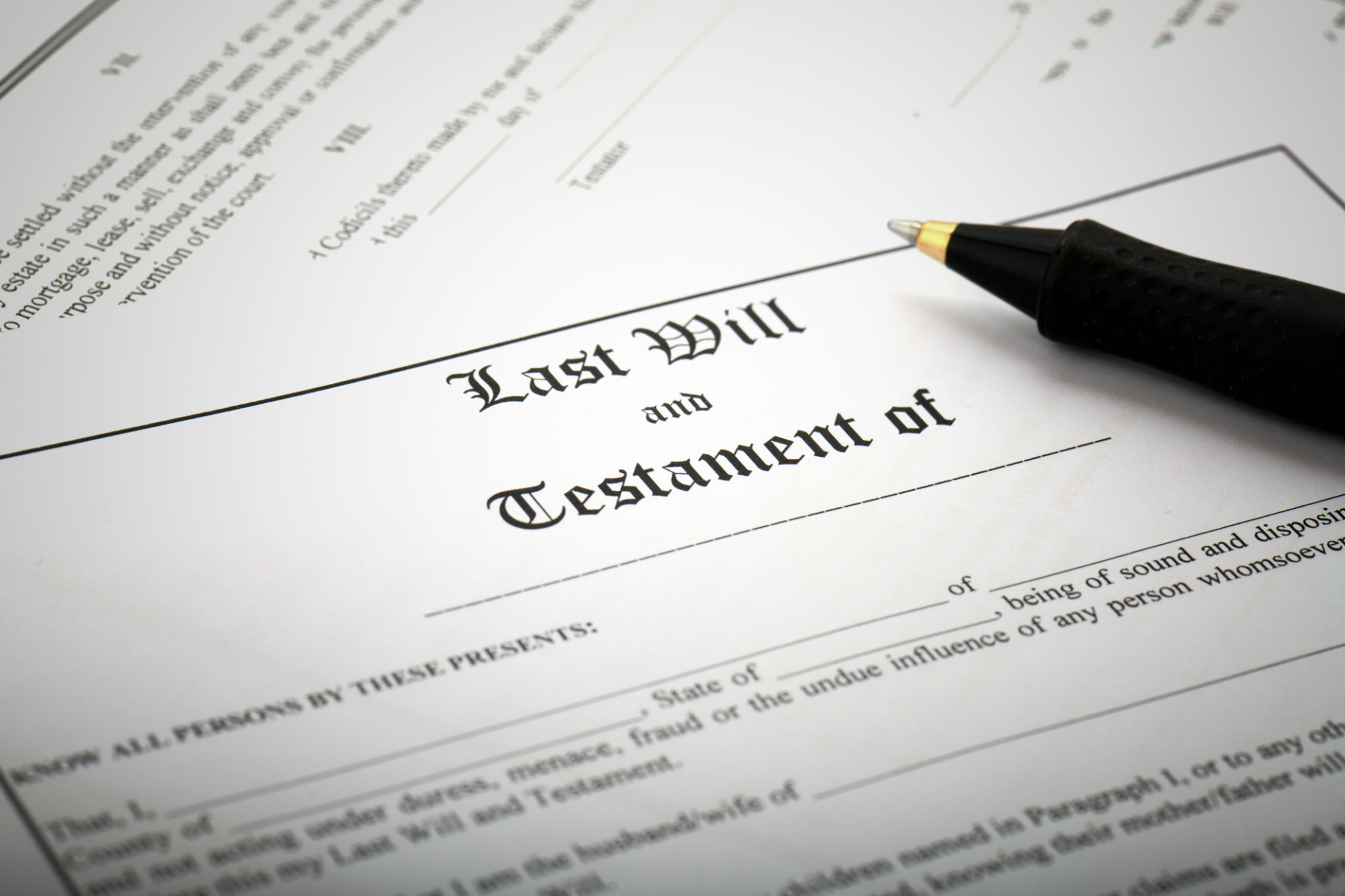Understanding Florida's Probate Process: What You Need to Know
LH
What is Probate?
Probate is the legal process through which a deceased person's assets are distributed according to their will or state law if no will exists. In Florida, this process ensures that all debts and taxes are paid before the remaining assets are distributed to beneficiaries. Understanding probate can help heirs and executors navigate this often complex process more smoothly.

When is Probate Necessary?
Probate is generally required in Florida if the deceased person owned assets solely in their name or had assets that did not automatically transfer to a beneficiary. This includes real estate, bank accounts, and personal property. However, some assets can bypass probate through mechanisms like joint tenancy or payable-on-death accounts.
It's important to note that not all estates must go through full probate. Florida offers simplified procedures for smaller estates, which can be a more efficient option for distributing assets.
The Steps Involved in Probate
The probate process in Florida involves several key steps:
- Filing the Petition: The process begins with filing a petition with the probate court, usually by the executor named in the will or an interested party.
- Appointment of Personal Representative: The court appoints a personal representative to manage the estate. This person will gather assets, pay debts, and distribute the remaining property.
- Inventory and Appraisal: An inventory of the deceased's assets is taken, and an appraisal may be conducted to determine the estate's value.

Handling Debts and Taxes
One of the personal representative’s responsibilities is to ensure that all debts and taxes owed by the deceased are paid. This includes notifying creditors of the probate proceedings and settling any legitimate claims against the estate. In Florida, it's crucial to address these obligations promptly to avoid complications.
Once debts and taxes are settled, the personal representative can distribute the remaining assets according to the will or state law.
The Role of a Probate Attorney
While it is possible to navigate the probate process without legal assistance, many choose to hire a probate attorney to help manage complex issues that may arise. An attorney can provide invaluable guidance on legal requirements, court procedures, and handling disputes among beneficiaries.

Avoiding Probate
Many people seek to avoid probate to save time and expenses for their heirs. Strategies such as creating a living trust, designating beneficiaries on accounts, or holding property jointly can effectively bypass the probate process.
Consulting with an estate planning professional can help you determine the best approach for your situation.
Conclusion
Understanding Florida's probate process is crucial for anyone dealing with an estate after a loved one's death. By familiarizing yourself with the necessary steps and potential challenges, you can ensure a smoother transition of assets and reduce stress during an already difficult time.
Whether you're an executor or a beneficiary, seeking professional advice and planning ahead can make a significant difference in efficiently handling probate matters.
